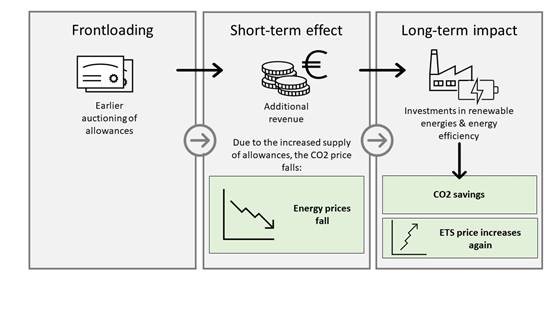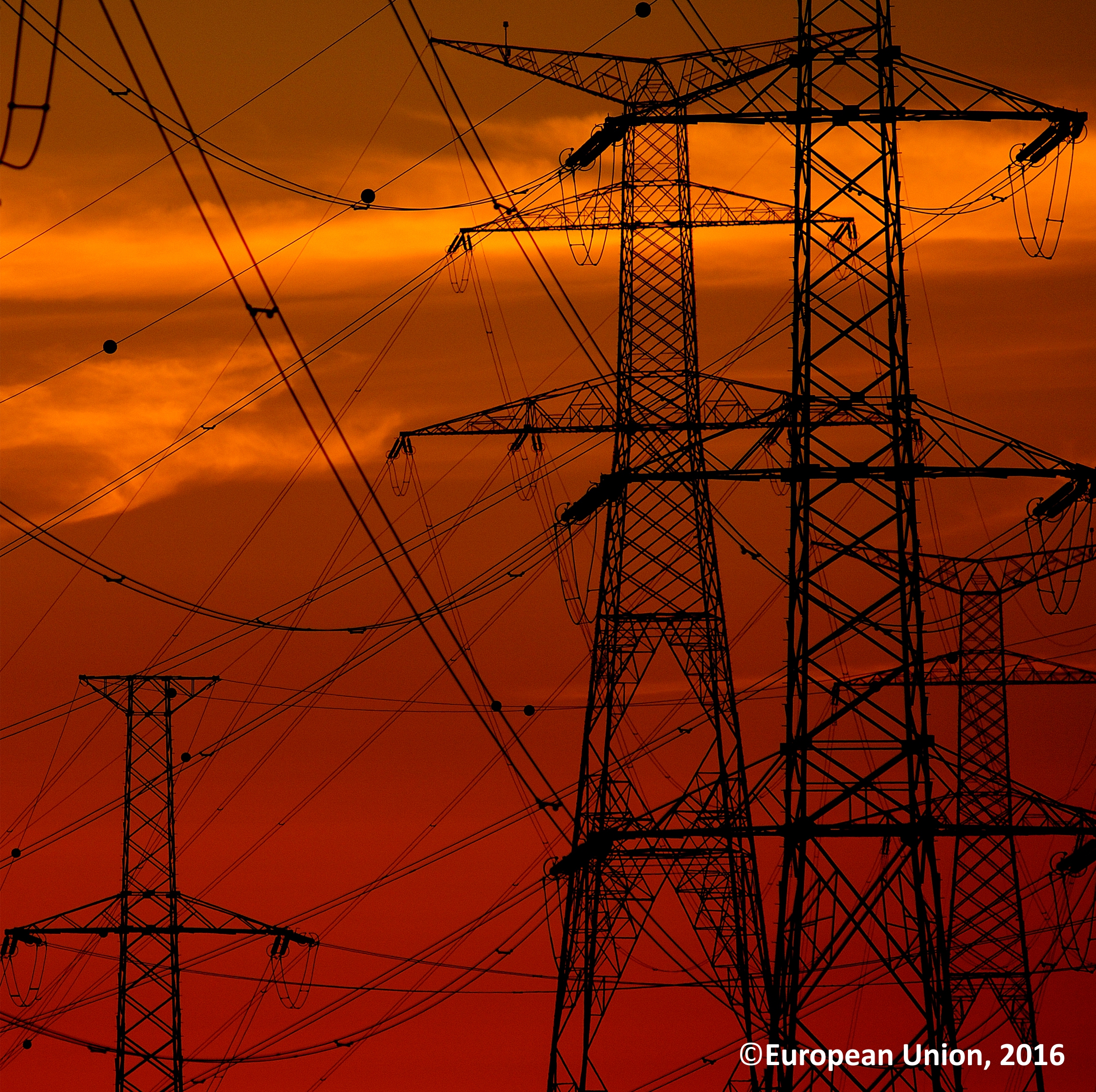Dampening ETS prices and promoting investment / Environment Committee in the European Parliament agrees on text on REPowerEU
"We need to tackle the three major crises of our day at the same time. We must do everything we can to bring prices down so that citizens and businesses can survive the coming winter. At the same time, we must finally stop financing the Russian war of aggression through our energy bills and continue to prioritize the climate crisis, in particular the goals for 2030,” this is what rapporteur in the ENVI Committee Peter Liese believes is what the European Commission’s proposal for REPowerEU is all about. The European Commission has proposed to intervene in the European emissions trading system and thus generate 20 billion euros to promote investments such as in LNG terminals, renewable energy and energy efficiency so that we can become less dependent on Russian gas. Now the ENVI negotiators agreed on a text.
The proposal met with criticism from environmental groups, social democrats and the Greens because it would lower the price of emission certificates. The rapporteur for the Environment Committee, the CDU politician Peter Liese, sees this as an advantage: "In the current phase, we must do everything we can to curb the price of electricity in particular and to relieve companies that are on the verge of bankruptcy. That is why it is not just an unpleasant side effect, but rather a desired effect if we push the ETS price down now. The price was €20 two years ago and has risen to almost €100 for a short time. In view of the general situation, one cannot be happy about this development. Investments in decarbonization cannot be made so quickly that they provide sufficient relief in the coming winter. That is why it is important to dampen the price in the short term. However, the proposal that we have worked out in the Environment Committee provides that the certificates are not simply put on the market, but that certificates from the period after 2026 are brought forward. This means that the climate effect will remain until 2030. What is clear is that the relief we are giving now must be compensated for by additional efforts by 2030.”

Compared to the original Commission proposal, which envisaged auctioning the certificates over a period of four years, the Environment Committee has agreed to limit the period to two and a half to three years (until the end of 2025). This means that the relief is greater in the short term than expected based on the Commission's proposal, that the signal for medium and long-term climate protection is even stronger. First and foremost, investments can be done faster. In addition, MEPs agreed that there must be a priority for cross-border projects. “National selfishness is part of the problem. Renewable electricity from Spain and Portugal is not coming to the centre of Europe because France is not expanding the electricity grids to protect its nuclear energy. This absolutely has to come to an end. Its the same case when it comes to the procurement and distribution of LNG gas, where we must not think nationally, but have to do everything together to make Europe independent of Russian gas," explained Liese, who is also the environmental policy spokesman for the largest group in the European Parliament.


